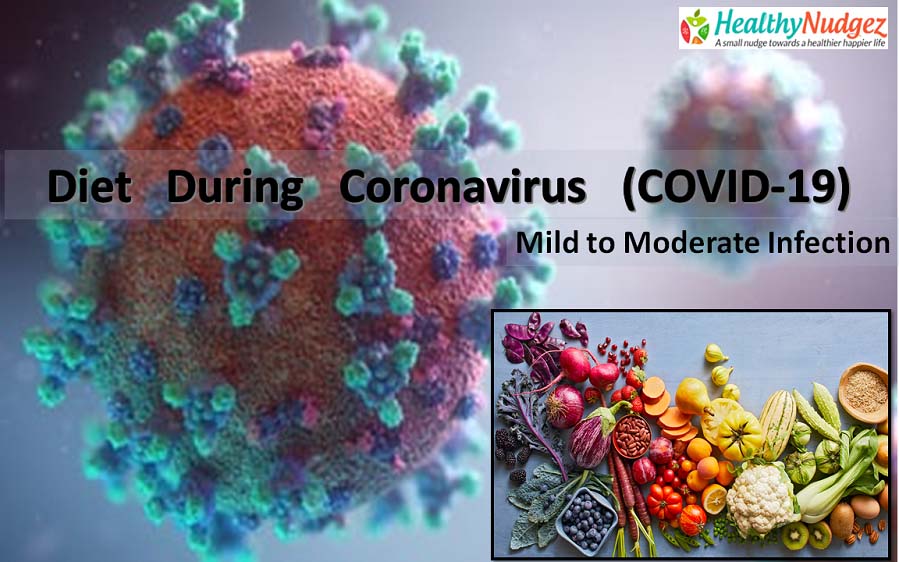Diet During Coronavirus (COVID-19) – Mild to Moderate Infection
COVID-19 as defined by WHO is a viral disease caused by a newly discovered coronavirus. Most people who are infected with this disease may only experience mild to moderate symptoms and may recover without any particular medical treatment and may not require hospitalization.
The symptoms usually include:
- Dry cough
- Fever
- Fatigue
- Headache and in some cases even
- Diarrhea
In the studies on role of diet in COVID-19 patients, the role of certain nutrients has been seen for reduction of risk, decreasing the severity of disease and changing the outcome of disease.
During the course of the disease, especially with sore throat, cough and fever, intake of food becomes a problem. Planning a diet for the patient and what foods to be given or avoided becomes a difficult task.
Experience tells that certain food items are better accepted and tolerated by the patients. These foods, as listed below can be included in the patient’s diet, which may be better tolerated, easily digestible, may help to regain strength and improve disease condition. Patients mostly are able to tolerate bland liquid and semisolid foods better. Also, hydration is of utmost importance during the first few days along with small quantities of other nutrients.
- Soups and broths made with vegetables and chicken or fish and
 cereals; vegetable soups are soothing, help to hydrate, easily digestible, provide fibre which has been recommended to improve the gut microbiota and also plays an important role in improving the health of the respiratory system. If fish or chicken pieces are added it improve the nutritional quality of the soup due to their protein contents. For vegans and vegetarian’s soy chunks can be added
cereals; vegetable soups are soothing, help to hydrate, easily digestible, provide fibre which has been recommended to improve the gut microbiota and also plays an important role in improving the health of the respiratory system. If fish or chicken pieces are added it improve the nutritional quality of the soup due to their protein contents. For vegans and vegetarian’s soy chunks can be added - Thin porridges made with oats, broken wheat, semolina, rice, etc.;
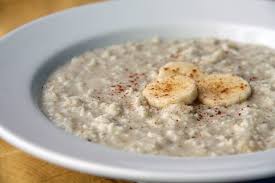 here again, the quality of fibre found in cereals is protective and helps better recovery of the respiratory system. Cereals provide essential calories required and the protein found in milk will help in the early recovery by providing vitamin D, A and calcium. Addition of fruits and nuts to porridges further improves their nutritive value.
here again, the quality of fibre found in cereals is protective and helps better recovery of the respiratory system. Cereals provide essential calories required and the protein found in milk will help in the early recovery by providing vitamin D, A and calcium. Addition of fruits and nuts to porridges further improves their nutritive value. - Stewed and pureed fruits, such as apples and pears or
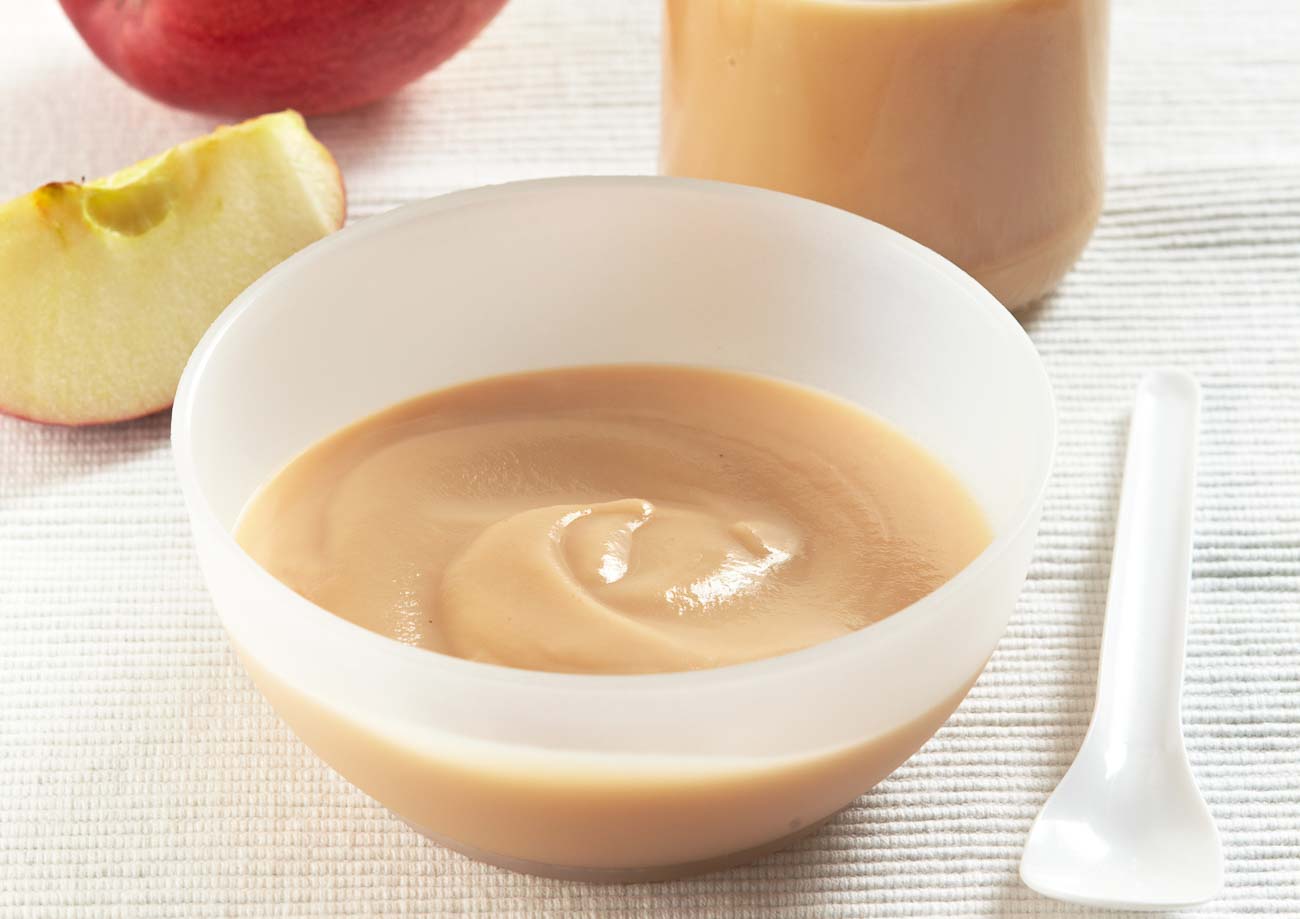 simply pureed papaya, mango, banana, etc, are easily digestible and provide required calories along with fibre and many antioxidants which help to boost the immune system. Papaya to be avoided in cases of diarrhea.
simply pureed papaya, mango, banana, etc, are easily digestible and provide required calories along with fibre and many antioxidants which help to boost the immune system. Papaya to be avoided in cases of diarrhea. - Steamed and pureed vegetables provide fibre and useful antioxidants. Can be given along with soups or separately. Like fruits, they are also easily digested and well tolerated. It is a good idea to include gooseberry (amla) along with other vegetables as it is the richest source of vitamin C, which has proven benefits in most viral infection and has strong antioxidant properties.
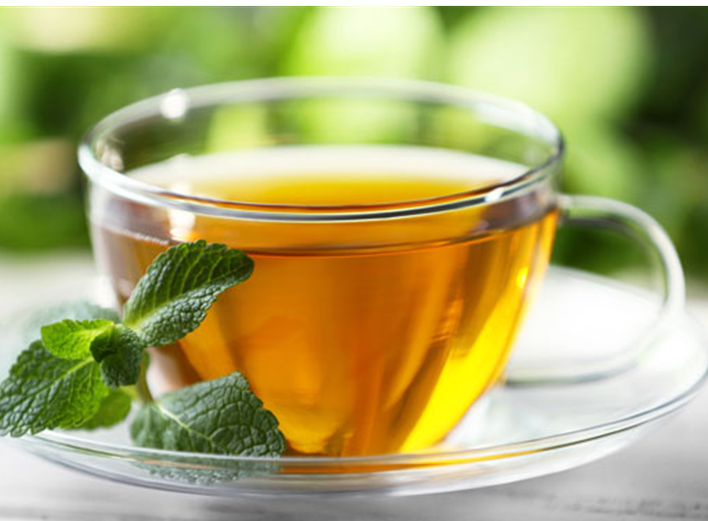
- Green or black tea with added mint, holy basil (tulsi), ginger, cloves, turmeric and black pepper also has been found to have a soothing effect and provides with much required antioxidants which help to reduce the oxidative stress caused by the disease process. All these herbs and spices have been shown to have medicinal properties. Tea should however, not be given for more than 3-4 times a day.
- Milk and its products like custard or puddings, if tolerated and if
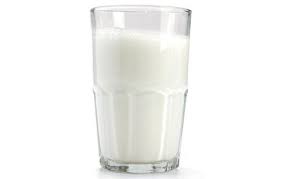 there is no diarrhea, can also be included in diet. if, however, the patient is lactose intolerant, soy milk or un-refrigerated fresh curd or yogurt (even fruit yogurt) can be used. Curd and yogurt are also helpful during diarrhea. Milk can also be boiled for 10-15 minutes with green cardamom, black pepper, almonds soaked and crushed, pumpkin seeds, poppy seeds (khus-khus) and sugar or jaggery and served hot. This special recipe has been very effective in relieving throat pain and helps one to relax.
there is no diarrhea, can also be included in diet. if, however, the patient is lactose intolerant, soy milk or un-refrigerated fresh curd or yogurt (even fruit yogurt) can be used. Curd and yogurt are also helpful during diarrhea. Milk can also be boiled for 10-15 minutes with green cardamom, black pepper, almonds soaked and crushed, pumpkin seeds, poppy seeds (khus-khus) and sugar or jaggery and served hot. This special recipe has been very effective in relieving throat pain and helps one to relax. - Other liquids such as coconut water, coconut milk, smoothies (un-refrigerated and at room temperature), rice water, whey water, barley water, etc are also useful, to maintain proper hydration.
-
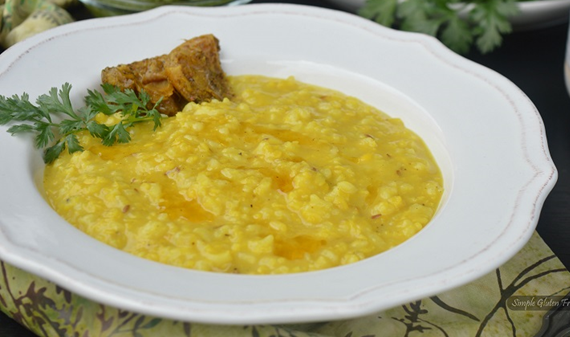
- Soft boiled rice with added pulses and vegetables, pureed and of semisolid consistency can also be given, which is tolerated well and provides essential nutrients.
- Honey and jaggery have been seen to exert protective effect on the lung functioning, even maple syrup.
- Some amount of fats in the form of unprocessed white butter, coconut or olive oil, must be used and can be added to soups, pureed vegetables, rice, etc is advisable.
Foods to be avoided:
- Spicy foods
- Highly flavoured foods
- Fried foods
- Carbonated beverages and
- Caffeinated beverages
As the first three categories will not be tolerated and the last 2 will cause dehydration.
General instructions:
- Give small and frequent fresh meals, which can be given at an interval of 2 hours or earlier if desired.
- Meals should be hygienically prepared.
- Plenty of liquids must be given in form of soups, coconut water, milk, green tea (not black or milk tea)
- Necessary precautions for co-morbidities must be taken and such foods as are not recommended should be strictly avoided.
- Only very limited use of spices should be done as they act as irritants and may increase irritation to the throat, especially chilies and peppers (use of only small quantities of black pepper is recommended).
- Do not give refrigerated and cold foods.
NOTE: The information provided in this article is based on whatever little research is available and personal understanding on the subject. It is intended to provide general awareness and is not to be taken as medical advice. Before making any changes in your diet, please check with your Dietitian /Nutritionist /Healthcare provider.
Can also refer to my article 5 foods to eat and 5 foods to avoid during fever for reference.

